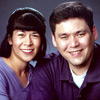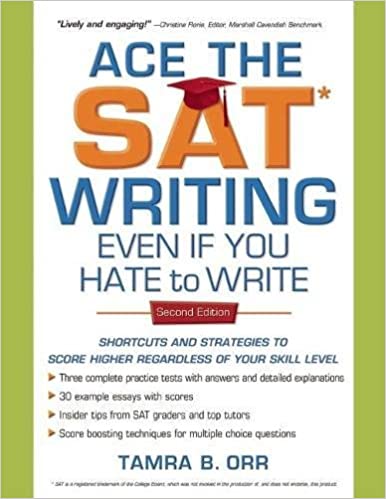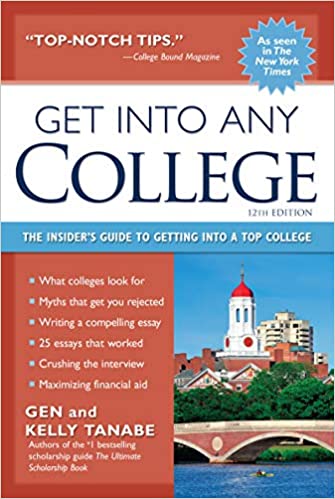4
It's not your imagination; the questions do get increasingly harder on the SAT.
Except for the SAT Critical Reading Section, the questions in each section are arranged in increasing order of difficulty. (In the Critical Reading Section, the passages increase in complexity, but the questions following the passages are in no particular order of difficulty.)
Knowing this, it is best for you to start at the beginning of a section and answer the easiest questions first. Remember that question #10 will be much harder than question #3. As you progress toward the end of the section, be very wary of answers that seem too easy since these will most likely be traps intentionally set by the test makers to weed out students who are only guessing.
5
If you can't get the answer, move on.
Don't spend too much time on any one question. Mark ones you can't figure out, and come back to them if you have time at the end of the testing period. You need to be able to get though the whole test within the allotted time. It may be hard to skip a question that you just spent several minutes on, but it's better to attack questions you know you can answer.
6
Don't be afraid to guess.
For the ACT, guess!—even if you don't know the answer. There's no penalty! The same goes for the Student-Produced Response Questions. However, for the rest of the SAT, only guess if you know that one or more of the choices are incorrect. Don't ask us to explain the math behind this, but it's better to guess if you can eliminate at least one wrong answer. But if you really don't have a clue what the answer is and cannot eliminate any of the choices, leave the question blank. Even by omitting a few questions, you can still receive a high score.
7
Mark up your test booklet.
Remember that it's the answer key you must avoid "marking up." Extra lines or marks can cost you points because the tests are graded by computer, and you don't want to risk making stray marks on the key that the computer might pick up as answers. However, your test booklet is another matter—the computer never sees it. So underline key parts of reading passages. Circle important numbers in mathematical problems. Use the white space in your booklets to do calculations. The test graders are not judging you on how much you can do in your head, so mark up your test booklet as much as you want.



